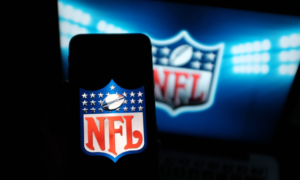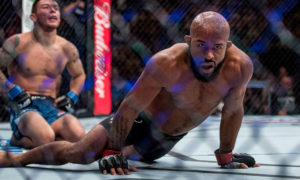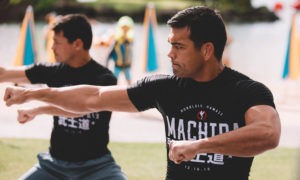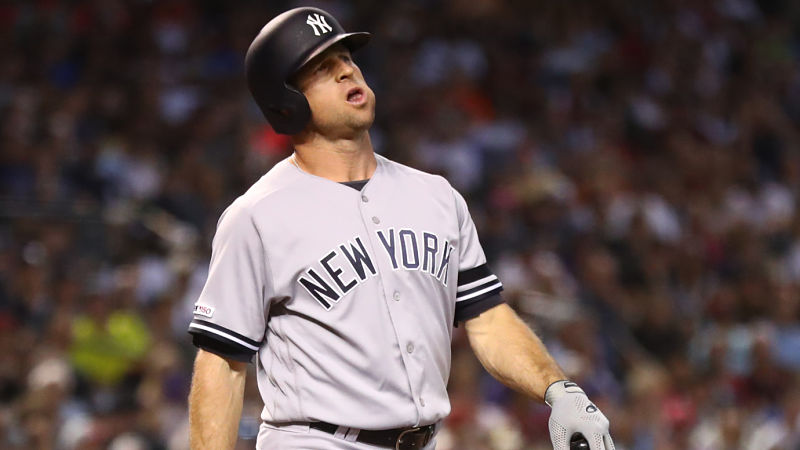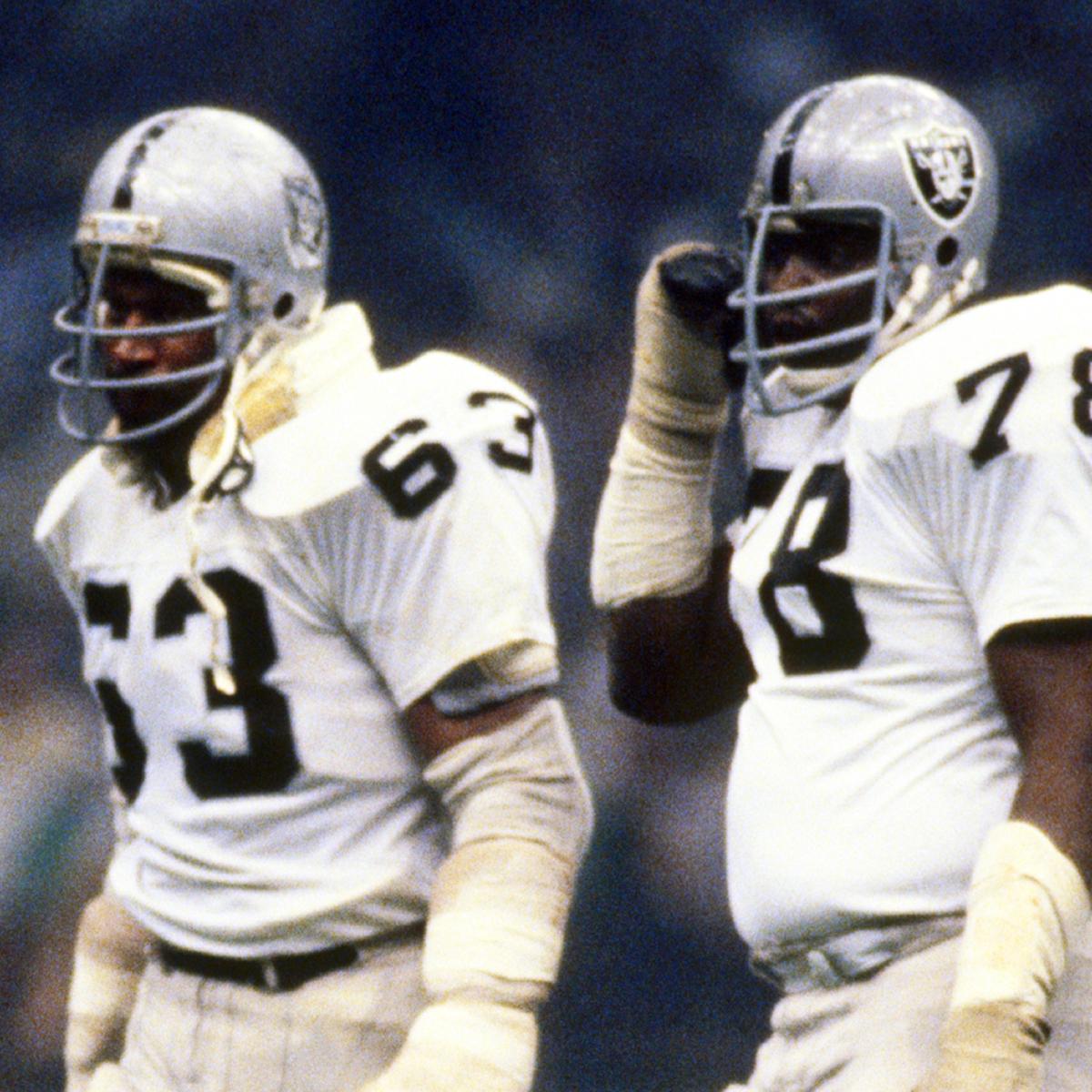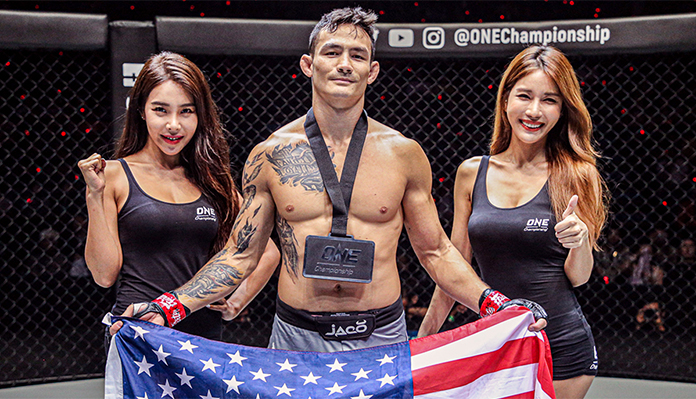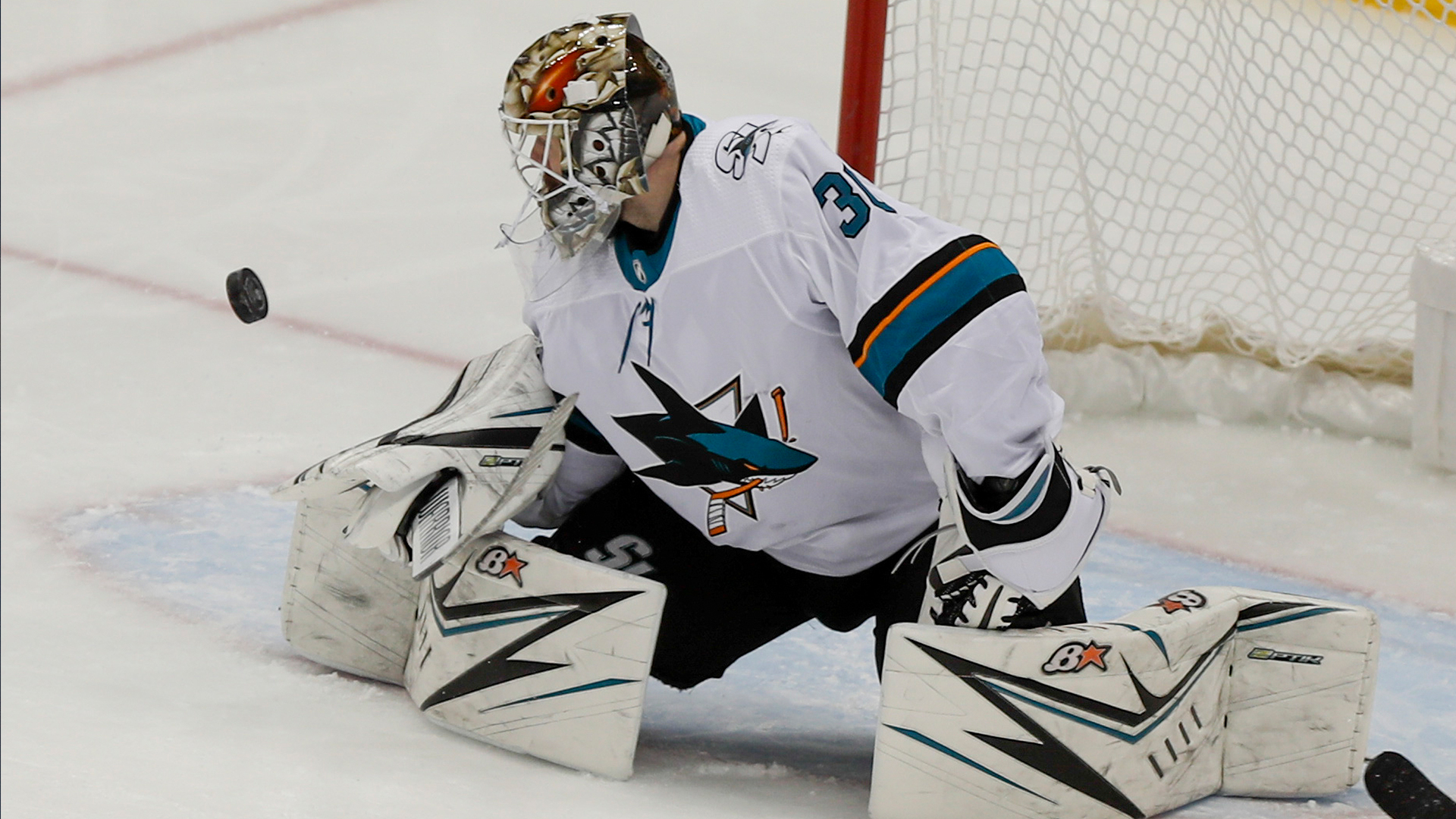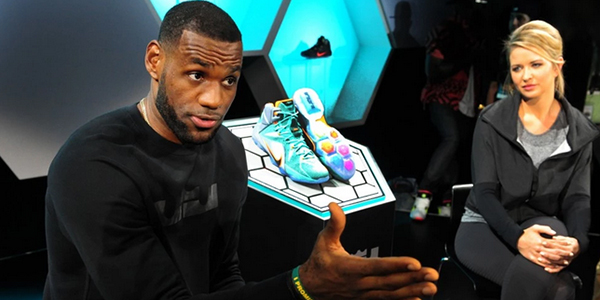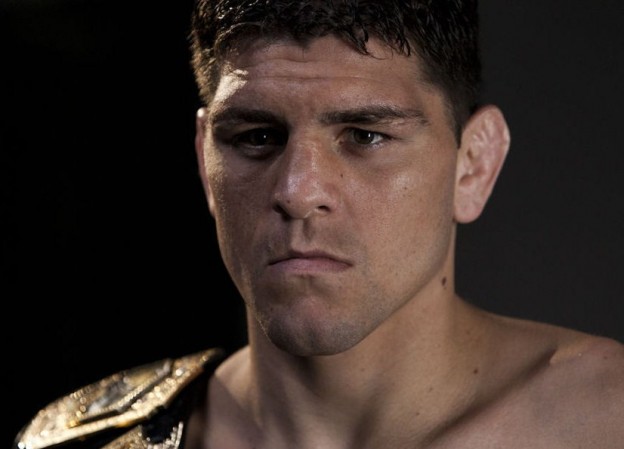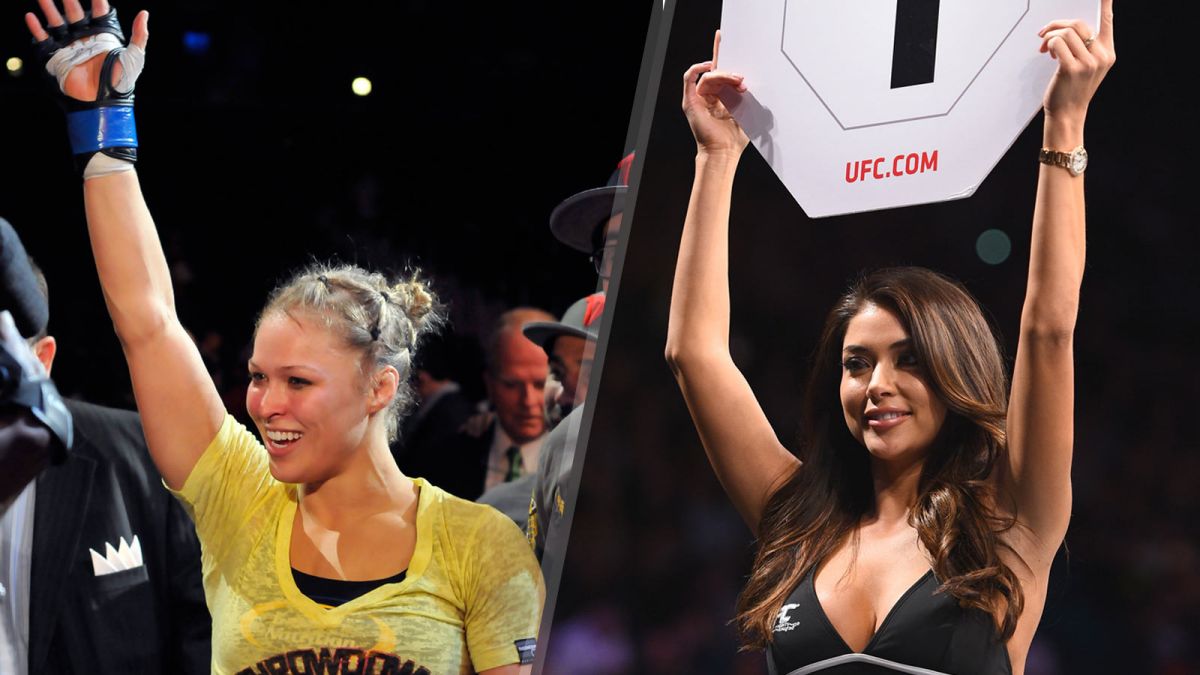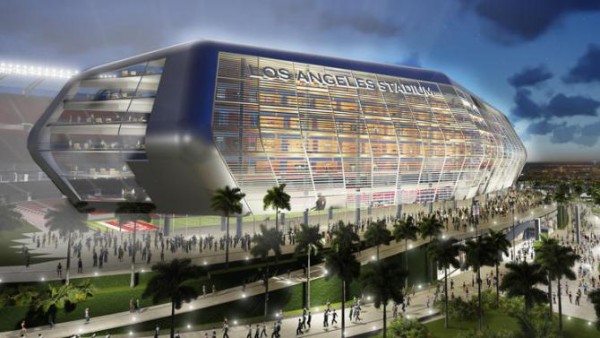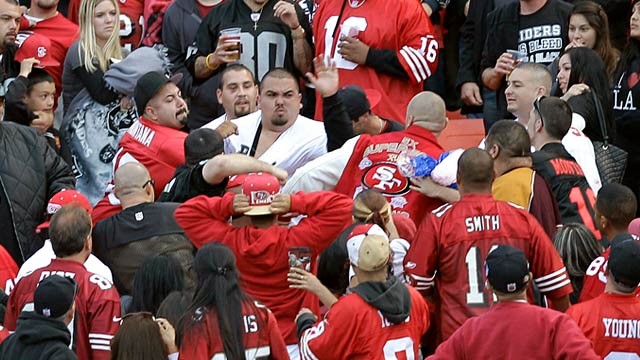COVID-19 complicates the trade deadline for everyone–including ‘s travel directors.
If the trade deadline looks stressful for players or general managers or the folks who run MLB Trade Rumors, there’s a particular sort of anxiety reserved for one role—the team travel director.
It’s the travel directors who handle all of the player movement behind the scenes, quickly arranging for hotels and flights, and figuring out the details for anything that might be left behind. (Does he need his car shipped to meet him in his new city? What about someone to pack up his apartment?) Even in a normal season, the work can seem like something of an organizational marvel.
So what does it look like under the restrictions of a pandemic? We asked one travel director to walk us through his planning.
“We’ve had a lot of talks about this,” says Minnesota Twins senior director of team travel Mike Herman. “Both internally, and me with my counterparts from other teams.”
As MLB nears the August 31 deadline, teams have had more than a month to get used to the protocols for health and safety, which include detailed instructions on travel. But those directions—on how to board a charter flight, check in to a hotel, and more—are meant for teams on road trips together. For players who will be on the move individually? They’ll be flying somewhat blind.
With a trade in a usual season, there’d be no question about getting a player a seat on the next commercial flight. Now, however, that’s a little more fraught. Two weeks ago, Scott Boras announced that he would be offering a private jet if any of his players were traded: “So that deadline deals are not impacted by COVID,” Boras told The Athletic, “I am letting all owners know if any of our players are traded and asked to leave their existing teams’ protocols, we have arranged a private jet protocol to allow players to be safely transported.”

But most players are not represented by Boras. Which means that teams might try to arrange on their own a private jet—or not.
“That’ll certainly be looked into, I think, by every team,” Herman says. “Whether or not it happens, who knows?… It depends on how quickly the guy needs to get to wherever he’s going. If you trade for a guy, you don’t want to sit there and wait two days for him to get to you. So if you can’t find a private jet that can accommodate your request, then you’re going to have to look at the next-best option, which would likely be a commercial airliner.”
Herman experienced his first trade under these conditions earlier this month when the Twins acquired Ildemaro Vargas from the Diamondbacks—a dry run, of sorts, for what may be an active deadline for the first-place team.
The travel director was tasked with getting the infielder from Phoenix to Minneapolis. The distance meant that a choice such as a car service was off the table. (“We weren’t going to tell him to drive to Minnesota.”) But the team didn’t have to think about organizing a private flight. A commercial one worked out perfectly: Herman was able to find just what he was looking for, a nonstop trip in the hours after the trade with a largely empty first-class that would allow for proper social distancing. Vargas flew into Minneapolis with the first row of the plane all to himself.
No matter the travel method, any player who reports to a new club must go through an extra layer of intake testing for COVID-19. (Vargas, for example, was tested immediately upon arriving in Minnesota and every day thereafter for the next few days.) But to hopefully lessen the chances of any positives, teams are giving players additional safety instruction for flying, such as a reminder to wear a surgical mask instead of a cloth one.
“We give them strict instructions—which we think probably goes without saying,” says Herman. “But we just reiterate it to anybody who’s traveling in that fashion, just to make sure that they have a full understanding.”
***
Trades aside, 2020 has been a demanding year for travel directors. A team’s flight and hotel arrangements are typically made months in advance—August or September for the season that will start the next March. (After all, a baseball team requires a lot of rooms.) When baseball shut down this spring, the directors had to cancel everything that they had put in place months previously, with no idea when they might need to get it back together.
“When the new schedule came out, it was like a mad dash to renegotiate hotel contracts and dates and availability,” says Herman.
But it wasn’t as simple as picking up where they left off. Some of the team’s previously booked hotels had not opened back up for business. (The Twins begun the season on the road in Chicago, where for the first time in more than two decades, the team had to find somewhere to stay other than the Westin on Michigan Avenue, which wasn’t yet fully operational.) And they had to confirm that all hotels would be able to work within the parameters laid out in the league health and safety protocol.
Yet there are some aspects of the job that have been made easier. In a typical season, for instance, promoting a player is often an ordeal. The Twins’ Triple A affiliate is in Rochester, N.Y.—a city that offers only one daily nonstop flight to Minneapolis, which might not be such a headache, if it didn’t take off at 6:25 a.m. This means that if the call for an injury replacement is made after the conclusion of a night game, as it typically is, Herman has to book a seat on that flight for the next morning and make sure that the player in question can be notified to wake up early and head to the airport in just a few hours.
Now? It’s much simpler. There’s no one playing in Rochester, or any other minor league city, with additional players available only from the alternate training sites. The Twins’ is in St. Paul—not much of a logistical leap from their big-league stadium in Minneapolis.
“Now, I just watch the game and I’m like, ‘Oh, well, if we need somebody, we’re just going to tell him tomorrow,’” Herman says. “We’ll let him sleep in and then just tell him tomorrow that he’s going to drive 10 minutes over to Target Field.”
And it’s travel directors who have had to deal with the fallout of the pandemic-splintered schedule, with dozens of games shuffled around so far due to cases of the virus. Each postponed game is a flight to change, hotels to unbook, meals to cancel.
Herman doesn’t take for granted that the Twins have not been materially affected yet.
“It’s hard to watch from a distance, just because I know what my counterparts are going through,” Herman says. “In this job, everything can change on an hour-by-hour basis, and there’s really no way to prepare for anything like that.”
——————-

